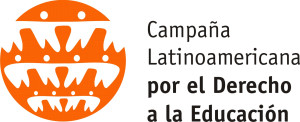Noticias
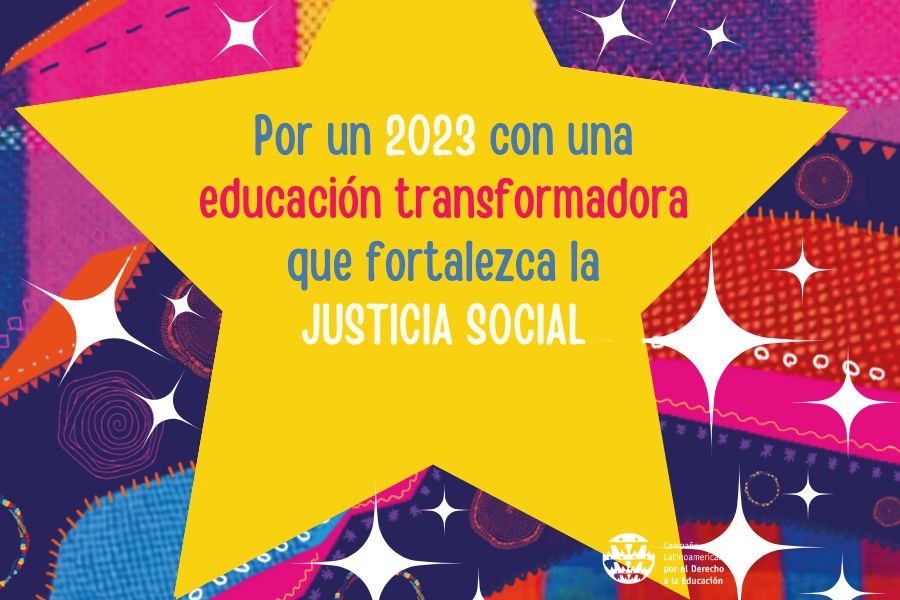
Happy Holidays! For a 2023 with a transformative public education
A lo largo de todo este año 2022, caminamos juntas y juntos fortaleciendo la lucha por el derecho humano a la educación en América Latina y el Caribe.
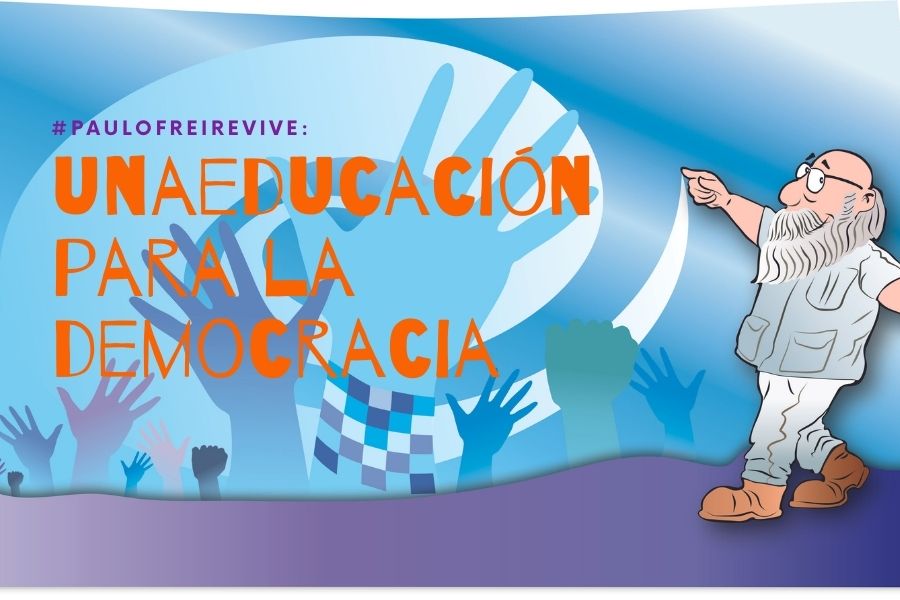
Paulo Freire´s Centenary: his legacy as educator is vital for strengthening Y&AE for democracy
During September, the Latin American Campaign for the Right to Education (CLADE) launched a campaign through communication, awareness and dialogue activities in order to remember the importance of the legacy of the Brazilian educator Paulo Freire and reaffirm our option and struggle for a liberating education
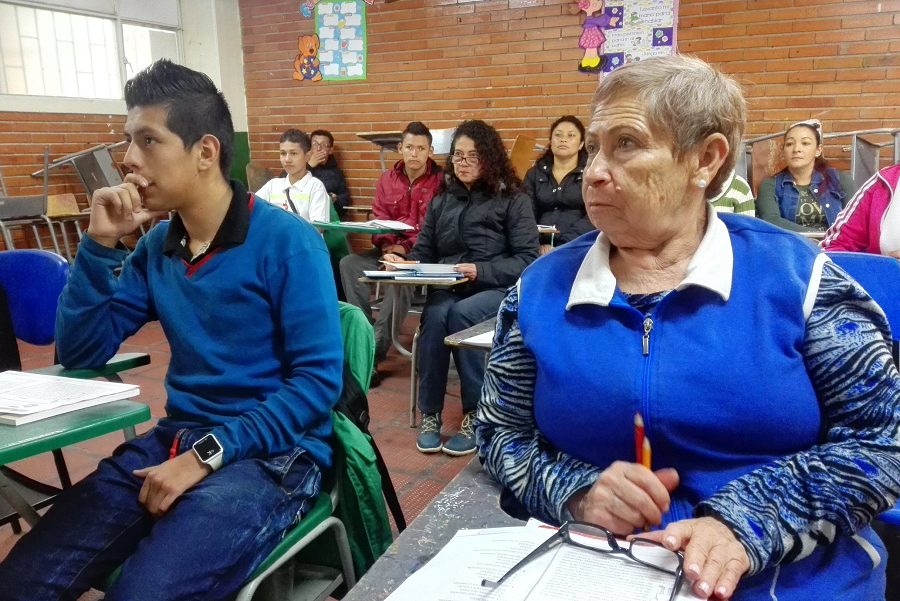
Youth and Adults Education Week will be held from March 22 to 27
The initiative includes the launching of campaigns, reports and events on ALE in Latin America and the Caribbean.
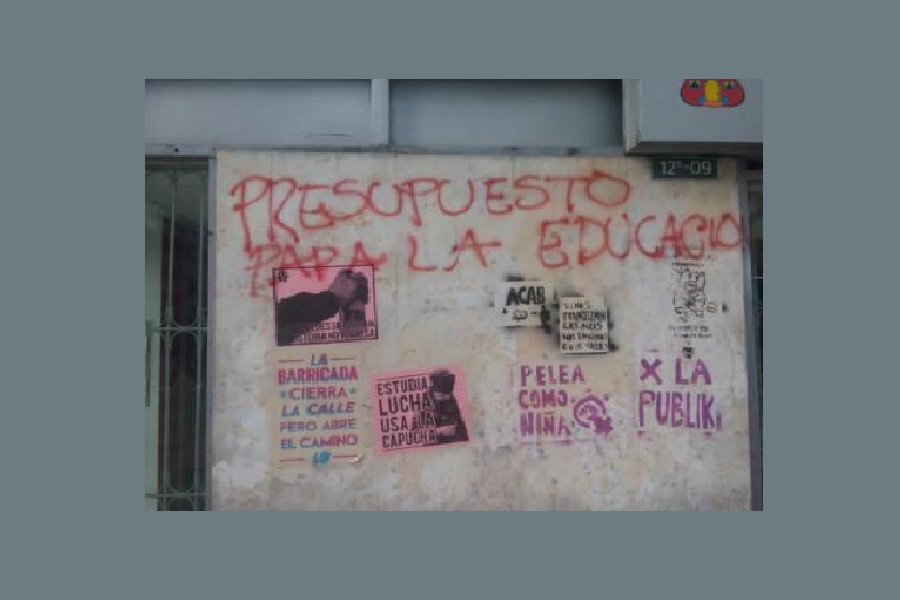
Action to End the Education Financing Crisis
Over 61 million primary-aged children are out of school; 60 million out of lower secondary school; 250 million children estimated to be in school but failing to learn.

ASPBAE Statement of Solidarity with members and people of Myanmar
This brazen act of disregard for democratic principles and human rights by the Myanmar military breaks the tenuous transition to civilian rule started in 2011, after decades of an authoritarian military rule. It also comes at an already difficult time for people in the country reeling under the unprecedented adverse impacts of the COVID-19 pandemic on their health, income, access to food, jobs and over-all well-being.
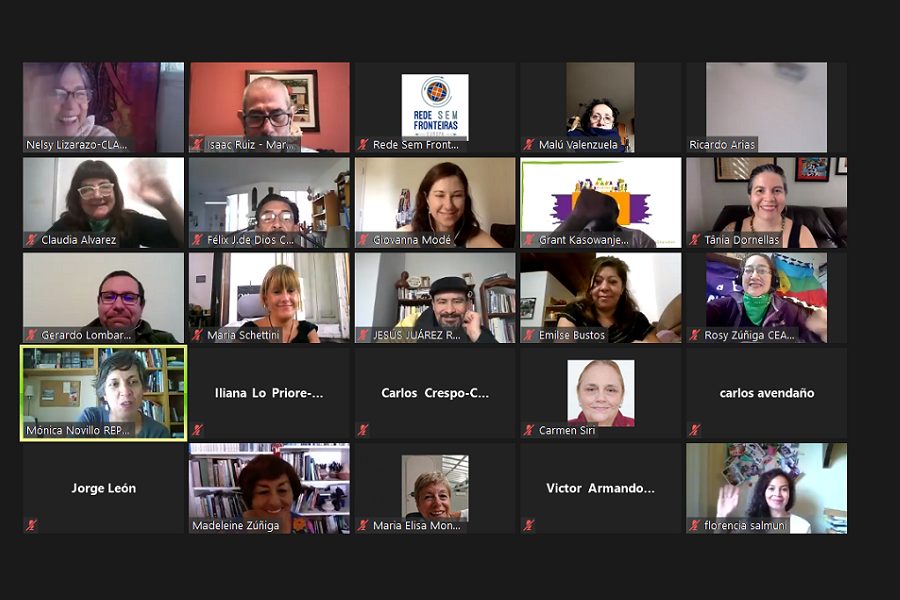
The Assembly “Towards a global agenda: the human right to education from the movements” took place at the World Social Forum 2021.
With the participation of a hundred delegates from organizations that converge around education as a human right, the self-organized assembly “Towards a global agenda: the human right to education from the movements” was held this Saturday (30) in the framework of the World Social Forum (WSF) 2021.
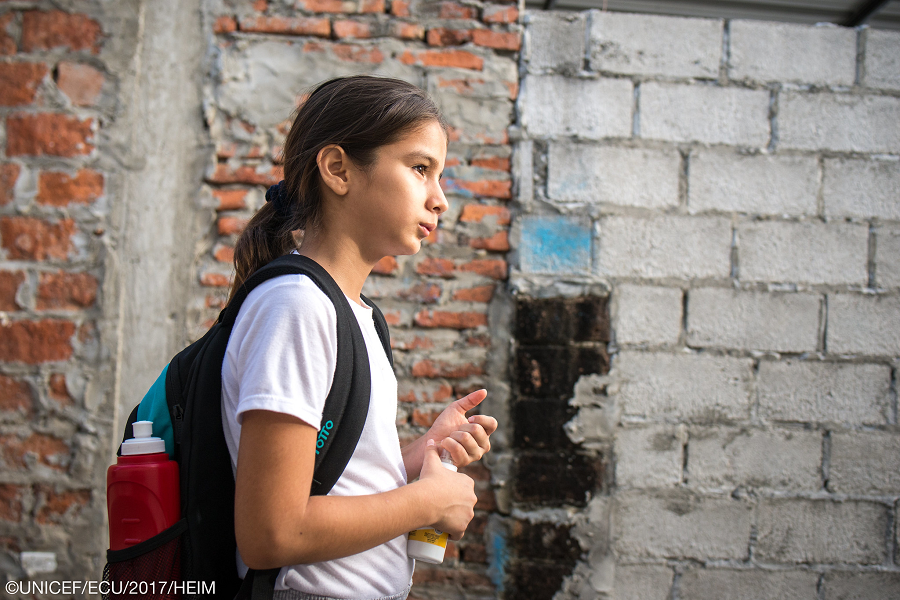
Derechos humanos y educación: una mirada intersectorial en el contexto de la región de América Latina y el Caribe
El séptimo evento público, organizado por la Campaña Latinoamericana por el Derecho a la Educación (CLADE), en alianza con la Campaña Argentina por el Derecho a la Educación (CADE), el Foro Dakar de Honduras, el Foro de Educación y Desarrollo Humano de la Iniciativa por Nicaragua, realizado hoy como parte del proceso hacia la Asamblea Regional.
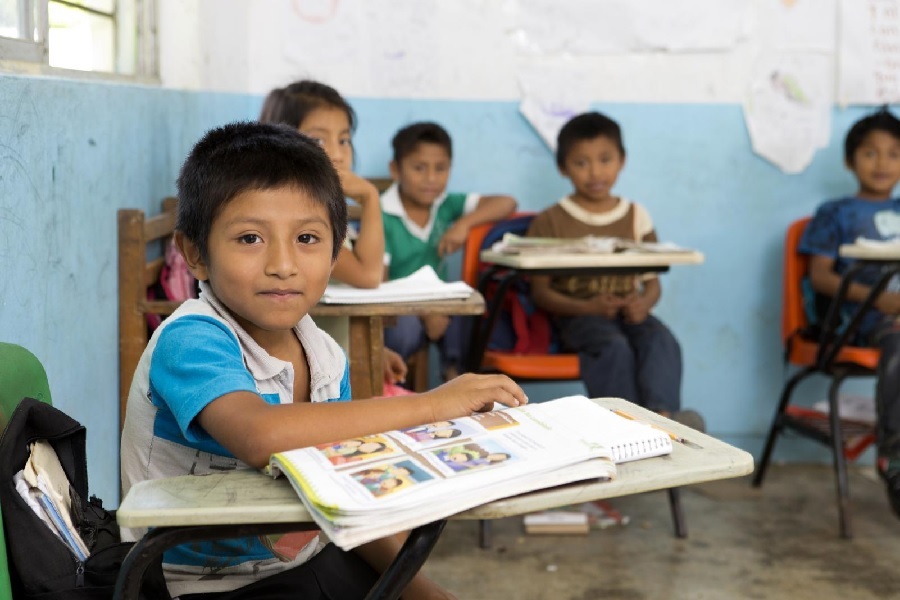
CLADE and CLACSO are promoting a webinar on the Right to Education from a Global South perspective
This gathering will be held on September 23, at 12:00 p.m. (GMT-3), with the participation of Boly Barry Koumba, UN Special Rapporteur on the Right to Education.
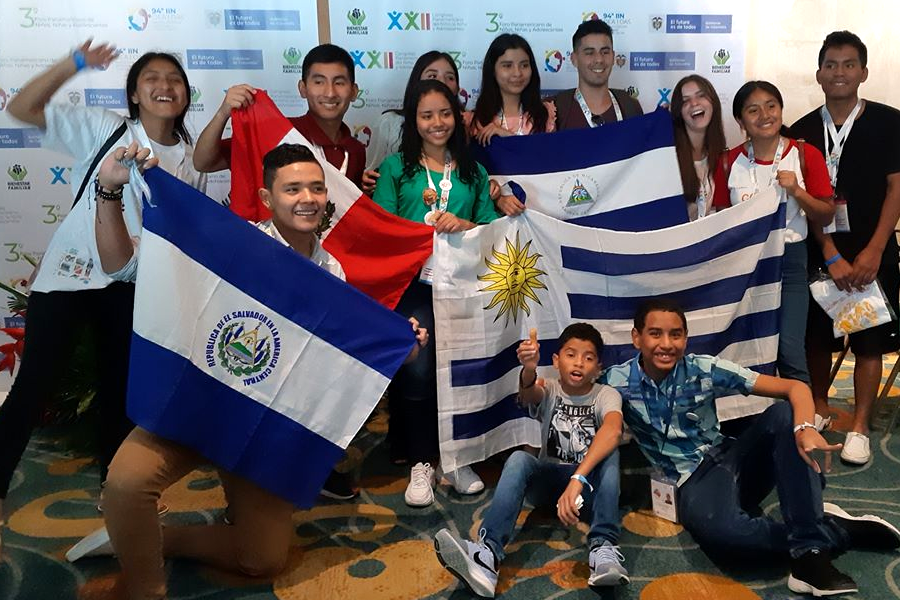
Pan-American Congress analyzes the advances and challenges for achieving the rights of boys, girls and adolescents
Overcoming discrimination and violence, the right to play, art and recreation, gender equality and the right to comprehensive sexuality education and to participate in the debates on public policies affecting them: these were some of the demands shared by boys, girls, adolescents and youths during the 22nd Pan-American Child and Adolescent Congress and the Third Pan-American Child Forum that were held from Oct. 29-31 in Cartagena (Colombia).
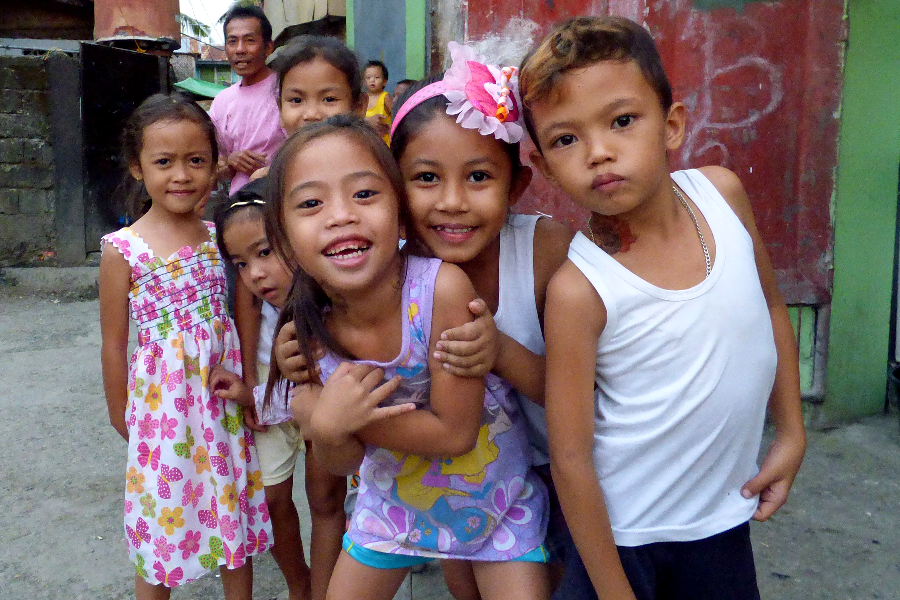
“There is a lack of specific indications on how to achieve the human right to early childhood education”
In a CIES 2020 panel, specialists warned about the tendency to prioritize an instrumental and economistic narrative in early childhood education, the lack of coverage in this stage, especially for children from low-income families, and the lack of intersectoral coordination in public policies focused on small children at a regional level.
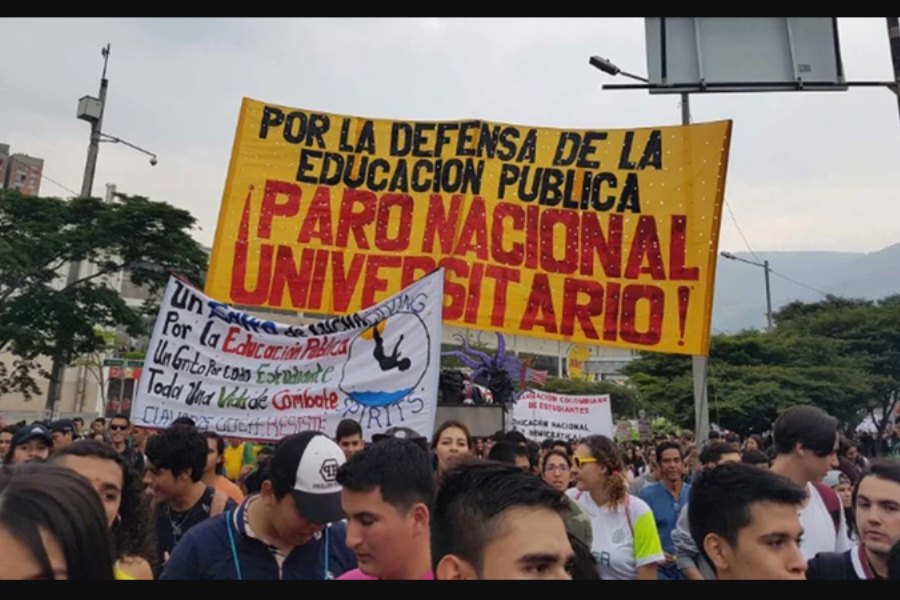
CIES 2020: None of the countries from Latin America and the Caribbean explicitly prohibit profit in education
During the virtual panel organized by CLADE, experts analyzed education privatization trends and processes, as well as profit in education in the region.
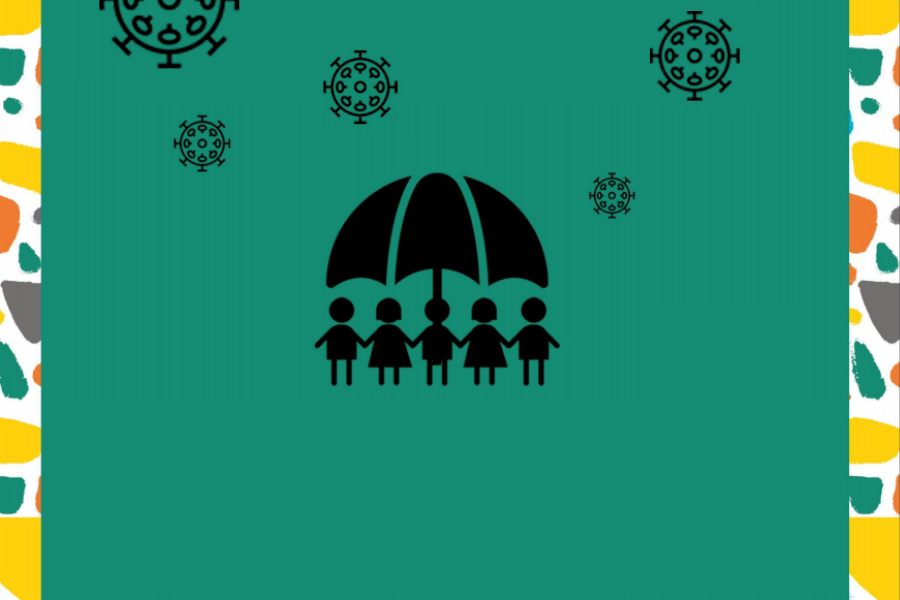
COVID-19: Guides on the education and protection of children and adolescents
At this time of crisis, the National Campaign for the Right to Education (CNDE), a member of CLADE in Brazil, in alliance with the Cada Criança platform, has made available two guides aimed at families, schools, local social security agents and authorities so that they can guarantee the protection and education of children and adolescents.

